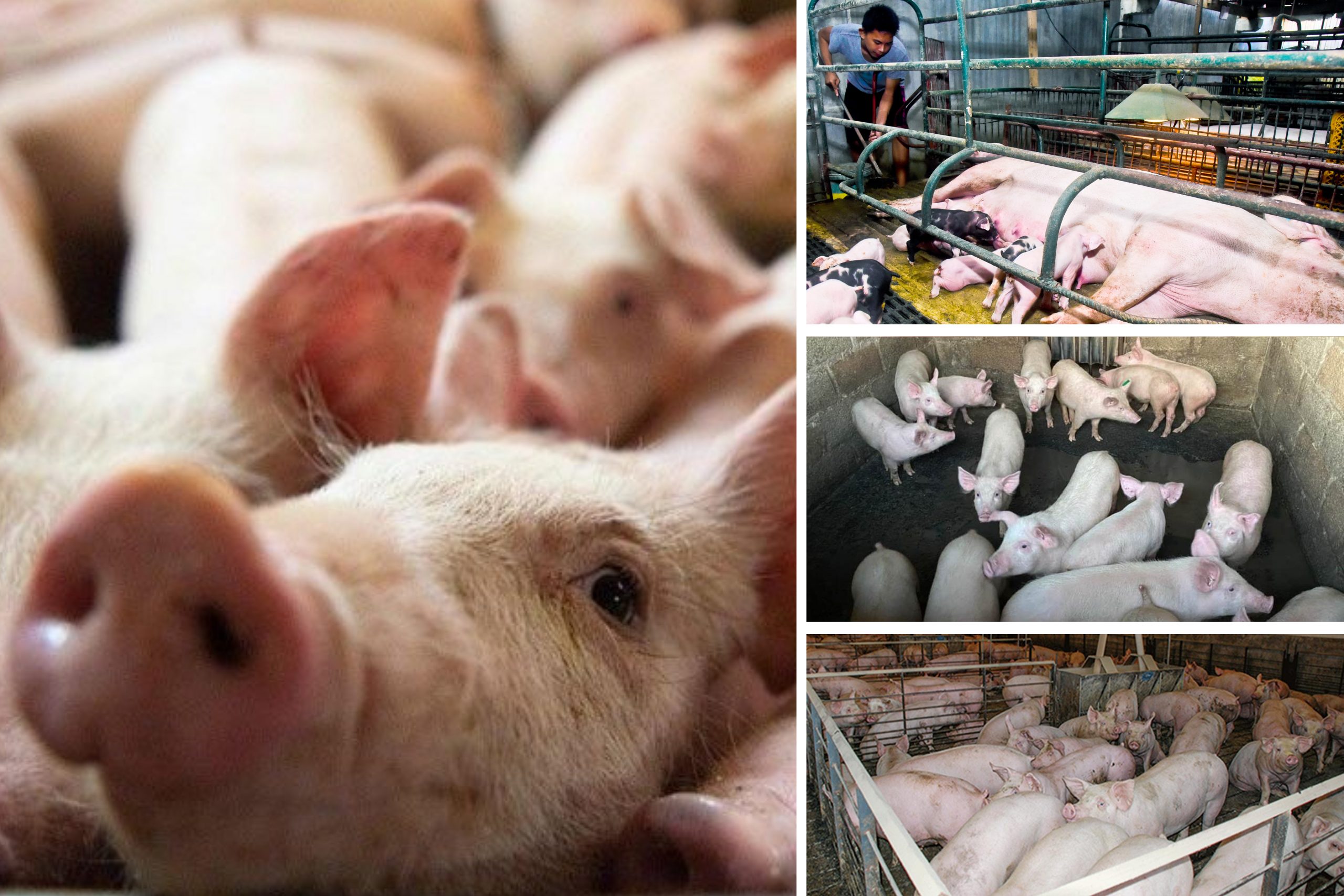
As the Duterte administration intensifies efforts to encourage hog raisers badly-hit by the African Swine Fever (ASF) to get back to business and subsequently stabilize pork supply and prices, Agriculture Secretary William Dar said the Department of Agriculture through the Philippine Crop Insurance Corporation (DA-PCIC) is increasing its indemnity for hogs culled due to ASF.
“Through the PCIC insurance program, we are doubling the indemnification payout for every pig that contracts ASF from P5,000 to P10,000. With the increased indemnity, hog raisers are encouraged to report affected pigs, thus controlling the ASF from spreading,” the DA chief said.
“The PCIC swine industry insurance program strongly complements the DA’s twin program of Bantay ASF sa Barangay to effectively control, contain and manage the ASF, and the Integrated National Swine Production Initiatives for Recovery and Expansion (INSPIRE) or hog repopulation program to revive the country’s swine industry,” he added.
For his part, DA-PCIC president Atty. Jovy Bernabe said the swine insurance program is a relaxed version of the agency’s regular livestock insurance program, offering free premium payments for backyard raisers and discounted premium for commercial hog raisers, and increased indemnity payments for culled hogs.
“For backyard swine raisers, the subsidy will be 100 percent (%) of the premium cost, provided they are listed in the Registry System for Basic Sectors in Agriculture (RSBSA), while for commercial swine raisers, the premium subsidy will be discounted,” said Bernabe.
For backyard farmers, the DA-PCIC provides 1.75% premium for fatteners and 3.5 percent for breeders, which are waived as free. Commercial farmers pay the same premium rates, discounted from the regular rates of 2.25% and 4%, for their stocks to be covered.
He added that the insurance covers P10,000 per head for fatteners, P14,500 per head for breeders, and P34,000 per head for parent stocks.
Bernabe said that aside from backyard swine raisers and farmers’ cooperatives, the insurance program will also cover local government units, and state colleges and universities, which implement respective hog fattening and breeding programs.
“The hog farms must be registered with the LGU, which in turn, must have organized the Bantay ASF sa Barangay. Also, their operations must be compliant with the Biosecurity Level 1 standards or a level of farm biosecurity in compliance with minimum standards set by the Philippine College of Swine Practitioners (PSCP),” said Bernabe.
“The provincial and municipal governments that have jurisdiction over the farms of the beneficiaries must have adopted harmonized ordinance relevant to the prevention of ASF. Likewise, the municipal government must implement and regularly update the Municipal ASF Control and Prevention Plan, aligned with the initiatives of the DA Regional Field Office (RFO),” he added.
“We, therefore, encourage backyard and commercial hog raisers to secure insurance packages and take advantage of the free and discounted insurance premium, respectively, offered by DA-PCIC to regain your livelihood and businesses, and more importantly revive our ASF-stricken swine sector,” Secretary Dar concluded.
The DA-PCIC is the sole and exclusive government agricultural insurance firm in the country. ### (Rita dela Cruz, DA StratComms)














